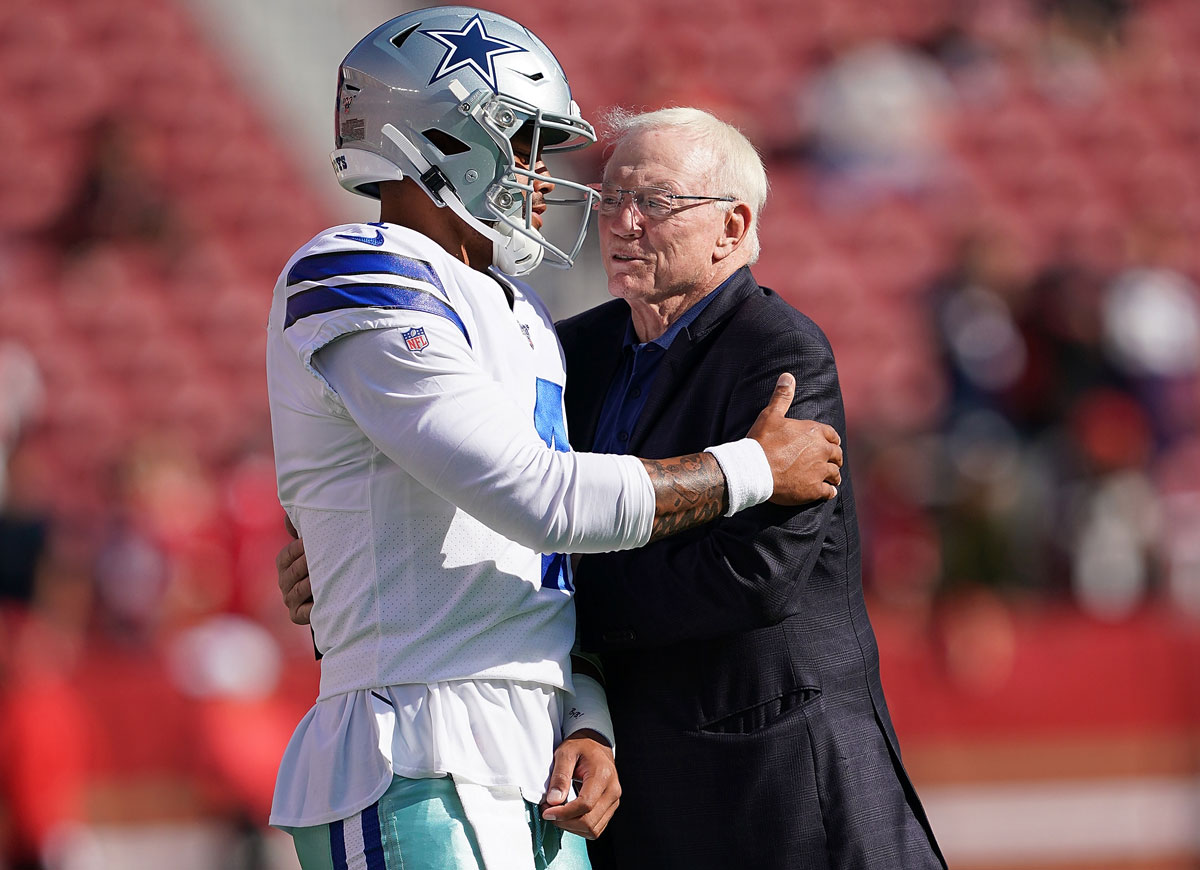Texas & Florida Laws Limiting Social Media Platforms From Censoring Posts Are Likely To Be Struck Down By Supreme Court, Experts Say
New social media laws in Texas and Florida seem likely to be ruled unconstitutional by the Supreme Court, legal experts agree.
The laws in the two southern states attempt to limit the control that social media companies have on the content that appears on their websites. In a court hearing on the laws, a majority of the Supreme Court justices appeared to support the view that these laws violate the First Amendment rights of social media firms, forcing them to carry all viewpoints and continue platforming all political candidates.
The Republican legislators who passed these laws were inspired by Twitter’s banning of former President Donald Trump from the app for violating rules against inciting violence after the January 6, 2021, Capitol riot. The states are looking to prevent similar bans from happening in the future, along with preventing conservative voices from being “silenced” across all social media platforms.
If these laws take effect, the companies argue that it will then be impossible for social media platforms to control all forms of harmful content. Two advocacy groups, Netchoice and the Computer and Communications Information Association, claim that these laws violate the First Amendment rights of social media executives to make decisions about what content should be allowed on their platforms.
Subscribe to our free weekly newsletter!
A week of political news in your in-box.
We find the news you need to know, so you don't have to.
Justices Amy Coney Barrett and Ketanji Brown Jackson both expressed uncertainty that the laws are constitutional.
Conservatives Samuel Alito, Clarence Thomas and Neil Gorsuch voiced the view that the laws protect free speech. Alito called social media censorship “Orwellian.”
“If you have materials that are involved in suicide prevention, you also have to have material that advocate suicide promotion. Or if you have those on your site that are pro-Semitic, then you have to let materials onto your site that are anti-semitic,” said Paul Clements, the lawyer for the trade groups.
Solicitor General Elizabeth Prelogar said that the court should make it clear that major social media companies have protections over their own editorial decisions, but the cases should be sent to lower courts for further clarity on how the laws will impact smaller platforms.
Get the most-revealing celebrity conversations with the uInterview podcast!






Leave a comment